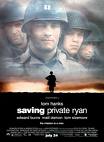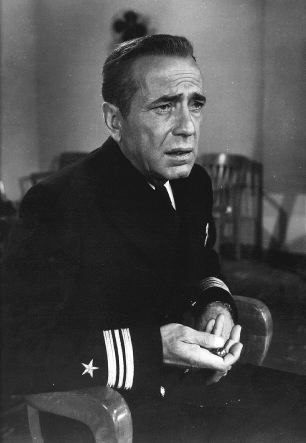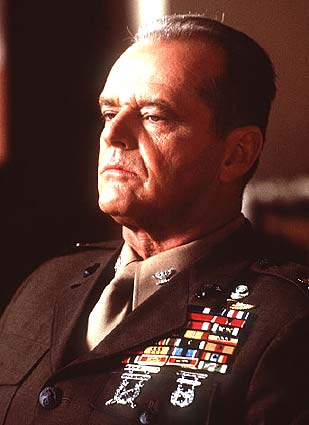Movies to Salute Our Armed Forces
Posted on May 26, 2010 at 3:58 pm
Reposting from 2008:
In honor of Memorial Day, take a break from picnics and sales and share one of these great films about American soldiers, sailors, and Marines. And be sure to take time thank the military and veterans in your life for all they have done to keep us safe and free.
1. Sergeant York Gary Cooper won an Oscar for his portrayal of WWI hero Alvin York, the pacifist from the hills of Tennessee who carried out one of the most extraordinary missions in military history using lessons from his life on a farm. He captured 132 men by himself, still a record for a single soldier. In addition to the exciting story of his heroism in war, this is also the thoughtful story of his spiritual journey. He is a pacifist, opposed to fighting of any kind. By thinking of what he is doing as saving lives, he is able to find the inspiration and resolve for this historic achievement.

2. Saving Private Ryan Director Steven Spielberg salutes his father and the greatest generation with this story set in the D-Day invasion of Normandy. It frankly portrays the brutality and carnage of war and its wrenching losses, but it also portrays the honor, sacrifice, heroism, and meaning.
3. Mister Roberts There are battles — and heroes — of all kinds. Henry Fonda plays a Naval lieutenant assigned to a cargo ship during WWII who feels very far from the action. He learns that his defense of the crew against a petty and tyrannical captain (James Cagney), on behalf of “all the guys everywhere who sail from Tedium to Apathy…and back again, with an occasional side trip to Monotony,” is an important and meaningful contribution.
4. M*A*S*H Set during the Korean War but released in and very much a commentary on the Vietnam War, this is the story of surgeons stationed at a Mobile Army Surgical Hospital. The emphasis is on war’s essential absurdity — these are doctors whose job is to heal soldiers to they can be sent back into battle — and on the ways that different people respond to those situations, responses that often escalate the absurdity. See also “Captain Newman, M.D.,” with Gregory Peck as a sympathetic Army psychiatrist during WWII as well as the long-running television series this film inspired.
5. Glory The Civil War 54th Massachusetts Volunteer Regiment, one of the first formal units of the U.S. Army to be made up entirely of African American men, inspired his film. Led by abolitionist Robert Shaw (Matthew Broderick), and based on his letters, this is a story of heart-breaking courage, as the men had to battle not only with the Confederacy but with the bigotry of most of the white officers on their own side.
6. The Longest Day An all-star cast shines in this sincere re-telling of the events of the invasion of Normandy D-Day, one of the transformational moments of WWII. Many of the military consultants and advisors who helped with the film’s production were actual participants (from both sides) in the action on D-Day, and are portrayed in the film.
7. Band of Brothers This 10-part miniseries produced by Tom Hanks and Steven Spielberg is based on the best-seller by Stephen Ambrose about the WWII experiences of E Company (“Easy Company”), the members of the 506th Parachute Infantry Regiment, United States Army 101st Airborne Division and one of its officers, Richard Winters (played by Damian Lewis), from basic training through the American airborne landings in Normandy, Operation Market Garden, the Battle of Bastogne and the end of the war.
8. Patton George C. Scott won an Oscar for his portrayal of WWII General George S. Patton. The film also won six additional Oscars, including Best Picture. Its screenplay, co-written by Francis Ford Coppola, frankly portrays Patton’s mistakes and faults as well as his leadership in turning the tide of the war.
 9. The Caine Mutiny
9. The Caine Mutiny/A Few Good Men
 These two movies, one set in WWII and one contemporary, both center on court martial trials with similar themes — what price do we pay for the luxury of feeling safe?
These two movies, one set in WWII and one contemporary, both center on court martial trials with similar themes — what price do we pay for the luxury of feeling safe?
10. Gardens of Stone This underrated gem from Francis Ford Coppola about the “Old Guard,” the regiment responsible for the funerals at Arlington National Cemetery has beautiful performances from James Caan, James Earl Jones, and D.B. Sweeney and subtly but powerfully explores some of the deepest and most troubling questions about the price we pay — and the price we call on others to pay — for our freedoms.
